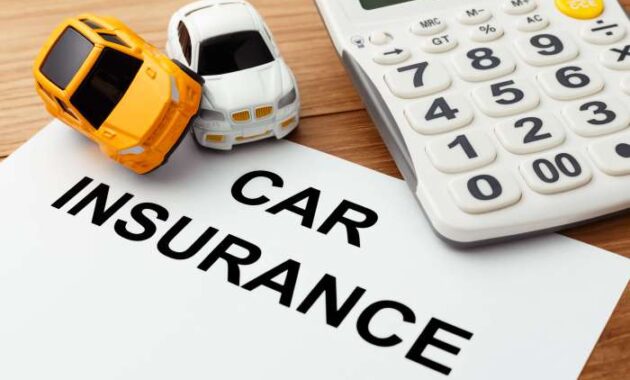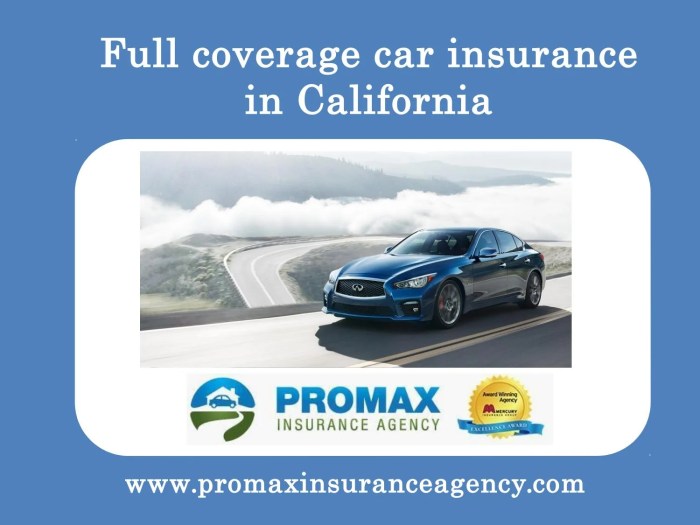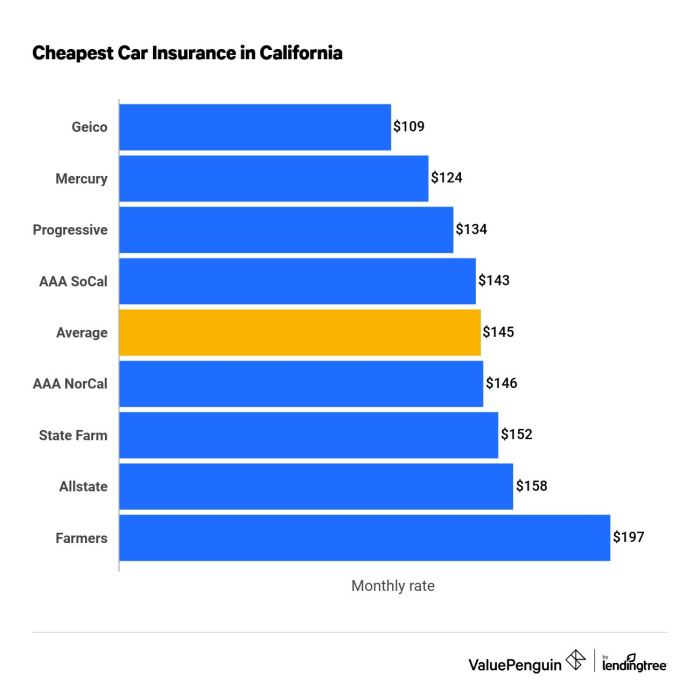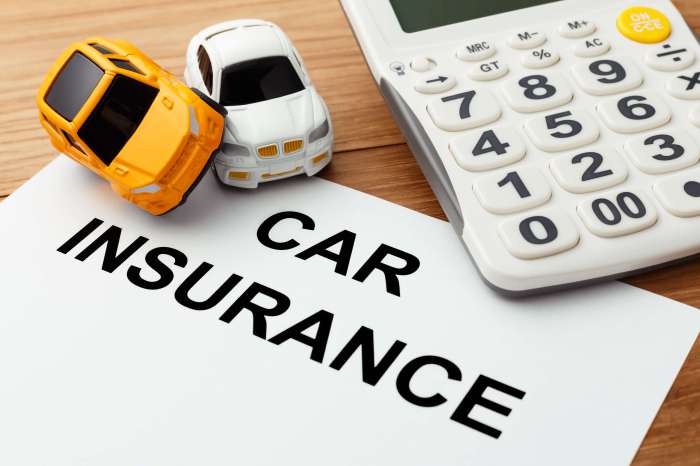
Securing the right auto insurance in California can feel like navigating a complex maze. Understanding the state’s specific requirements, coverage options, and cost-influencing factors is crucial for every driver. This guide unravels the intricacies of CA auto insurance, providing clear explanations and practical advice to help you make informed decisions and find the best coverage for your needs and budget.
From understanding minimum liability coverage to exploring ways to reduce premiums, we’ll cover essential aspects of California’s auto insurance landscape. We’ll also delve into specific scenarios, such as filing a claim or adding a driver to your policy, offering step-by-step guidance to empower you to manage your insurance effectively.
Understanding California Auto Insurance Requirements

Driving in California requires understanding the state’s auto insurance laws to ensure you’re legally protected and compliant. This section details the minimum coverage requirements, various insurance types, factors affecting premiums, and a comparison of policy options.
Minimum Liability Coverage Requirements in California
California law mandates minimum liability coverage to protect others involved in accidents you cause. This minimum coverage consists of 15/30/5 bodily injury liability and $5,000 in property damage liability. This means your insurance will pay up to $15,000 for injuries to one person, up to $30,000 for injuries to multiple people in a single accident, and up to $5,000 for damage to another person’s property. It’s crucial to understand that these are minimums; higher limits offer significantly greater protection.
Types of Auto Insurance Coverage Available
Several types of auto insurance coverage are available beyond the state-mandated minimum liability. Understanding these options allows you to tailor your coverage to your specific needs and risk tolerance.
Collision coverage pays for damage to your vehicle caused by a collision, regardless of fault. Comprehensive coverage protects against damage not caused by collisions, such as theft, vandalism, fire, or hail. Uninsured/underinsured motorist (UM/UIM) coverage protects you if you’re involved in an accident with an uninsured or underinsured driver. Medical payments coverage (Med-Pay) helps pay for medical bills for you and your passengers, regardless of fault. Personal injury protection (PIP) coverage, while not mandatory in California, offers similar medical and wage loss benefits.
Factors Influencing Insurance Premiums in CA
Several factors influence the cost of your California auto insurance premiums. These include your driving record (accidents, tickets, and DUI convictions significantly increase premiums), age and driving experience (younger drivers generally pay more), vehicle type and value (sports cars and luxury vehicles typically cost more to insure), location (premiums vary based on geographic area and crime rates), credit history (in many cases, a good credit score can lead to lower premiums), and the amount and type of coverage you choose (higher coverage limits result in higher premiums).
Comparison of California Auto Insurance Policies
| Policy Type | Liability Coverage | Collision Coverage | Comprehensive Coverage |
|---|---|---|---|
| Minimum Liability | 15/30/5 | No | No |
| Standard | 25/50/10 | Yes | Yes |
| Premium | 50/100/25 | Yes, with higher deductible | Yes, with higher deductible |
| Full Coverage | High Limits (e.g., 100/300/50) | Yes, with low deductible | Yes, with low deductible |
Resources and Further Information

Finding the right auto insurance in California can sometimes feel overwhelming. Fortunately, numerous resources are available to help you navigate the process and understand your rights as a consumer. This section provides information on accessing helpful websites, contacting regulatory bodies, and understanding the role of insurance professionals.
California Department of Insurance Website
The California Department of Insurance (CDI) website serves as a comprehensive resource for all things related to insurance in the state. This website offers a wealth of information, including guides on choosing the right insurance, understanding your policy, and filing complaints. It also provides access to consumer publications and frequently asked questions, helping you find answers to common insurance-related queries. The site’s search functionality allows users to easily locate specific information based on their needs. Furthermore, the CDI website often features current news and updates on insurance regulations and industry changes.
Other Helpful Insurance Resources
Beyond the CDI website, several other organizations offer valuable information and assistance regarding auto insurance. These include independent consumer advocacy groups which provide unbiased comparisons of insurance companies and policies, and industry associations that offer educational materials and resources for consumers. These organizations can often help you understand your rights and responsibilities as a policyholder. Additionally, some non-profit organizations offer assistance to consumers facing financial hardship or needing help navigating complex insurance issues.
Contacting the California Department of Insurance
The California Department of Insurance can be contacted via phone, mail, and online. Their website provides various contact options, including a phone number for general inquiries and specific department contact information. They also offer an online form for submitting inquiries and complaints. Mail correspondence should be addressed to the CDI’s headquarters, and their physical address is readily available on their website.
Filing a Complaint Against an Insurance Company
If you have a dispute with your auto insurance company, the CDI provides a straightforward process for filing a complaint. This typically involves completing an online form or contacting them directly by phone to explain your issue. The CDI will then investigate your complaint and attempt to mediate a resolution between you and the insurance company. They can help address issues such as claim denials, unfair practices, and disputes over policy coverage. The CDI’s website details the steps involved in filing a complaint, including the necessary information to provide and the expected timeframe for resolution.
The Role of an Insurance Broker in California
Insurance brokers act as intermediaries between consumers and insurance companies. Unlike insurance agents who represent a single company, brokers can represent multiple insurers, allowing them to shop around for the best policy to meet your specific needs. Brokers can provide expert advice on different policy options and help you navigate the complexities of the insurance market. While they don’t work for any specific insurance company, they are compensated by commissions from the companies they place business with. It’s important to choose a licensed and reputable broker to ensure you receive unbiased and professional assistance.
Final Thoughts

Obtaining adequate and affordable CA auto insurance is a vital step in responsible driving. By understanding the nuances of coverage options, leveraging strategies to lower costs, and knowing how to navigate common scenarios, California drivers can confidently protect themselves and their vehicles. Remember to regularly review your policy and adapt it as your circumstances change to ensure you maintain optimal coverage.
Clarifying Questions
What happens if I’m in an accident and not at fault?
Your uninsured/underinsured motorist coverage will help cover your medical bills and vehicle repairs if the at-fault driver is uninsured or underinsured.
Can I pay my insurance premiums monthly?
Most insurance companies offer monthly payment plans, but they may charge a small fee for this convenience. Check with your insurer for details.
How often should I review my auto insurance policy?
It’s recommended to review your policy at least annually, or whenever significant life changes occur (e.g., new car, change in driving habits, adding a driver).
What is the difference between collision and comprehensive coverage?
Collision covers damage to your vehicle caused by an accident, regardless of fault. Comprehensive covers damage from events other than accidents, such as theft, vandalism, or weather-related damage.